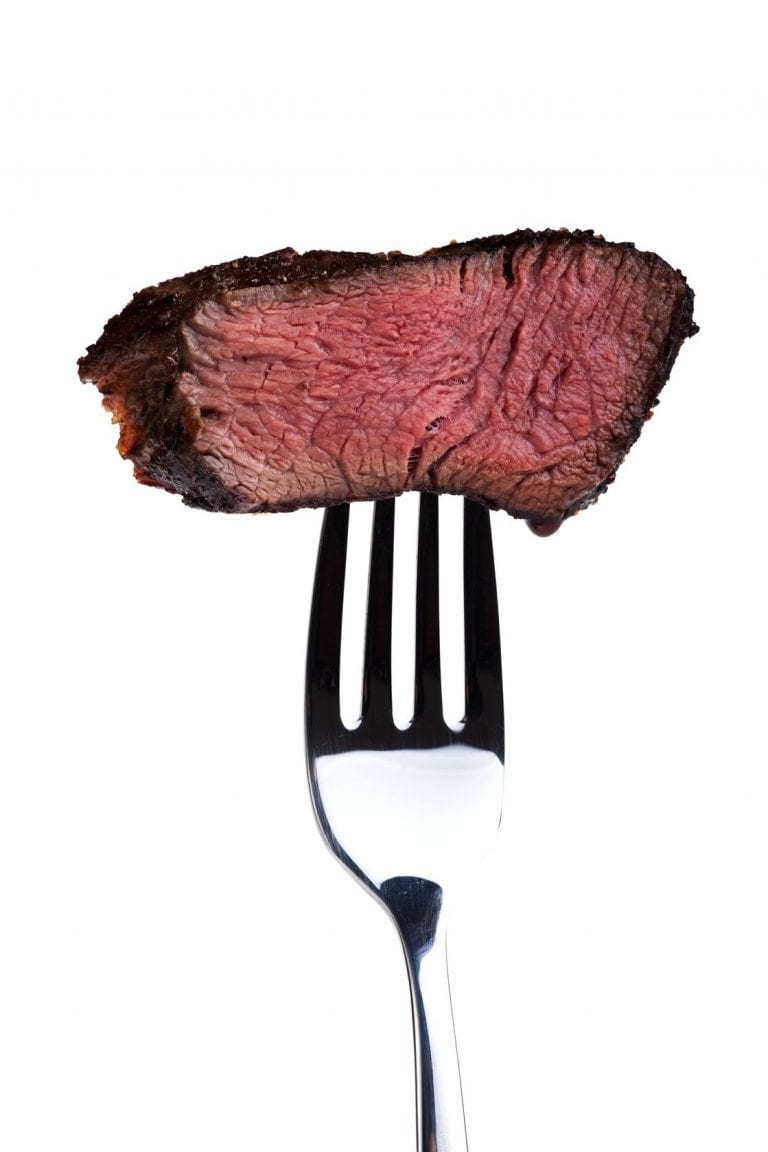Essentials of Protein
This essential nutrient is important for a healthy pregnancy—here are ways to ensure you get enough every day
Vegetables and whole grains may take the main stage in a healthy pregnancy diet, but protein is also important for baby’s growth, particularly in the 2nd and 3rd trimesters. You need more protein, iron, calcium, and folic acid than you did before pregnancy, says the Office of Women’s Health.
Normally, women are supposed to get 46 grams of protein in their daily diet, however for pregnant women the suggested protein intake can be as much as 20-30 grams more. There are many great ways to work protein into your diet.
The best sources for protein during pregnancy, according to the USDA experts at ChooseMyPlate.gov are beans and peas, such as pinto, soy, kidney beans and chickpeas; nuts and seeds, including sunflower, almonds and peanuts, as well as lean meat and fishes and low-fat dairy.
| Beans | Soybeans are nearly 40% protein and peanuts 25%, which means these beans bring as many as 4-8 grams of protein per ounce. |
| Poultry | Turkey and chicken are protein powerhouses, containing anywhere from 24-30 grams per 3.5 ounce servings. |
| Lean Meats | Lean meats like beef, pork and lamb have about 22 grams of protein per 3-ounce serving. The leaner the cut, the more protein the meat has. |
| Dairy | Milk has 8 grams of protein per cup. Lactose intolerant? Soy milk has 3-11 grams per cup, depending on the brand. |
| Eggs | Eggs have more than 6 grams of protein. Make yourself an omelet or add some scrambled eggs to a noodle or rice dish. |
| Nuts & Seeds | Once per ounce, nuts and seeds provide healthy protein with nuts averaging in around 6 grams per ounce and seeds around 2-4 grams per ounce. Go ahead; dip that spoon in the nut butter jar of your choice! |
| Fish | Fish is right up there with lean meats and poultry, packing 19 to 26 grams per 3-ounce serving so experts advise 2 fish meals a week. But avoid high-mercury fishes, such as shark, swordfish, king mackerel and tilefish, and instead have salmon, sardines, shrimp and pollock. |






Comments are closed.